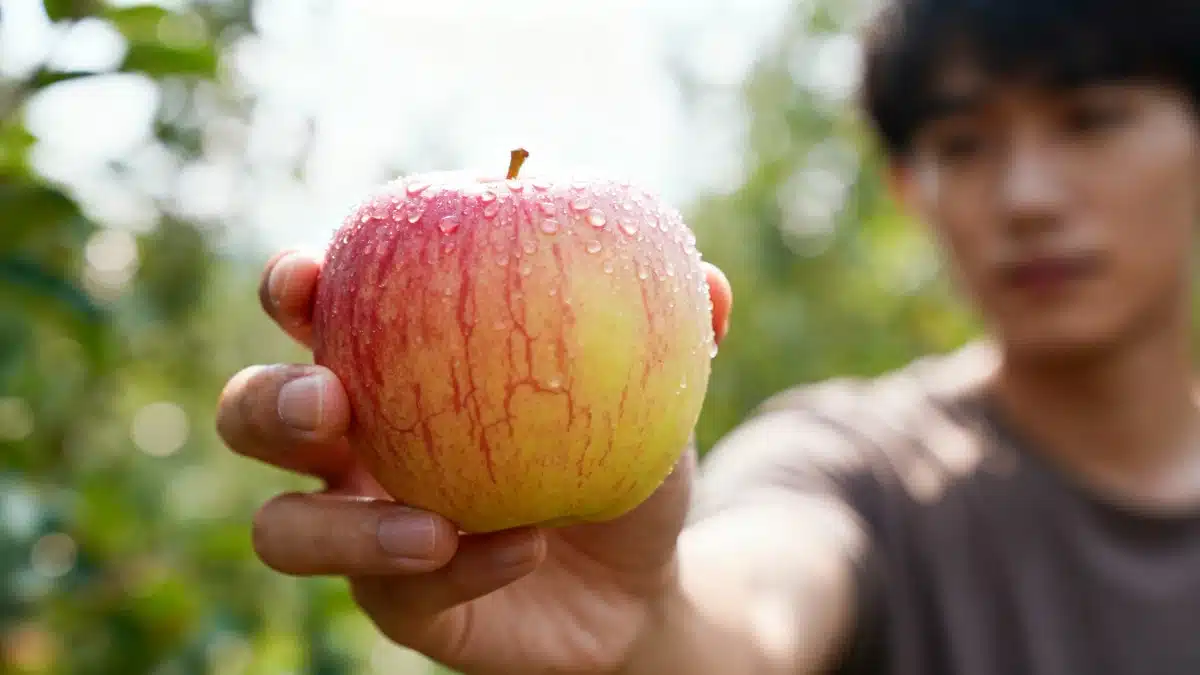Tired of crash diets, hunger pains, and mismatched leggings? Good news: American scientists have just revealed what could be the real game-changer for dropping body fat—no more guilt, just science and a smarter plate!
When New Year’s Resolutions Meet Reality
Let’s be honest, the start of a new year is practically sponsored by the promise of self-improvement. Eat better, exercise more, lose those extra pounds—that classic trio always makes it onto our list of resolutions (right above learning guitar and finally sorting that mysterious kitchen drawer). But when it comes to actual results, it’s not just about sweating it out at the gym or cutting your calories.
According to recent research, staying fit goes well beyond good intentions and gym selfies. While moving your body is crucial for both physical and mental health, what lands on your plate could have an even stronger impact on your waistline. Yes, what you eat truly matters.
The Science: Why Not All Calories Are Created Equal
A group of American specialists with a big interest in addressing obesity—a pressing public health concern—set out to pinpoint the true levers for getting rid of excess fat. Their work, published in the American Journal of Clinical Nutrition, didn’t just dust off the old calories-in-calories-out mantra. Instead, they shone a spotlight on a key factor: the connection between carbohydrates and the body’s fat storage mechanisms.
Of course, cutting back on how much you put on your plate and fighting the urge to settle into a sedentary lifestyle do help. But researchers stress something equally fundamental: the quality and type of food you eat.
Their finger pointed straight at processed foods—especially those packed with refined sugars. These aren’t just troublemakers for your sweet tooth or your dentist; they wreak havoc on your blood sugar. After eating them, your blood sugar levels skyrocket. Sounds dramatic? It actually is, at least for your pancreas.
How Your Body Fights Back (Hint: It Involves Insulin—and Snacking)
As soon as that sugary onslaught hits, your body, specifically your pancreas, goes into protective mode. It pumps out a hefty amount of a hormone called insulin, trying to manage the flood of sugar in your blood. But here’s the catch: that insulin tells your body to squirrel away all that extra sugar as fat—“just in case,” like a biological doomsday prepper.
What’s more, these spikes in insulin don’t just end with more fat storage. They also tend to make you hungrier, setting you up for an encore of snacking—usually at the exact moment you sworn you’d have just one cookie. (Who are we kidding? It’s never just one).
Practical Advice: Outsmarting Your Inner Snack Monster
So, what’s the winning strategy to break free from this cycle? Many nutritionists recommend spreading out your meals. Instead of three big ones, try eating every 4 hours or so. This keeps your insulin levels steadier and keeps you feeling satisfied—no sudden hunger panics or desperate dashes to the vending machine.
Consider keeping a healthy snack handy, especially for that late afternoon slump. Fresh fruit and a handful of almonds or hazelnuts work nicely. (Not only are they nutritious, but they’ll make you feel delightfully “European” as you nibble your way through your day).
- Avoid processed foods high in refined sugars
- Practice regular physical activity for both body and mind
- Don’t just eat less—eat smarter, focusing on food quality
- Break up your meals throughout the day to keep your metabolism in check
- Keep healthy snacks on hand for when cravings strike
Conclusion: Forget punishing diets—think strategy, not starvation. By tuning into the real drivers of fat storage and making smart adjustments to your routine, lasting results are within reach. Isn’t it time we outsmarted those stubborn pounds—one tasty, sensible snack at a time?

John is a curious mind who loves to write about diverse topics. Passionate about sharing his thoughts and perspectives, he enjoys sparking conversations and encouraging discovery. For him, every subject is an invitation to discuss and learn.






